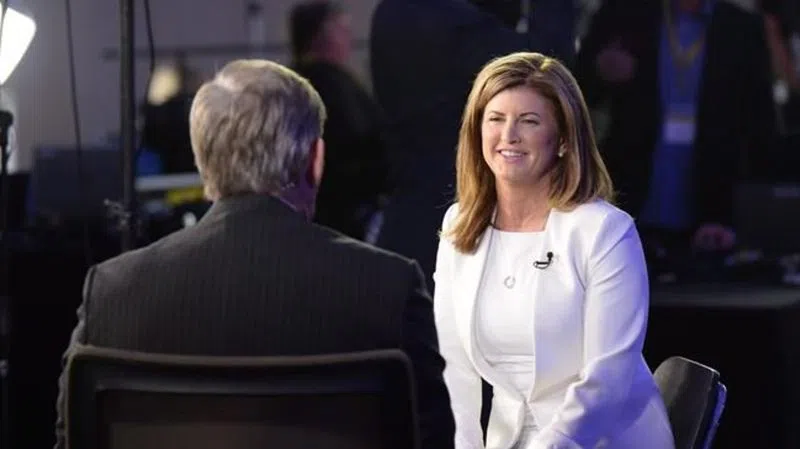
New poll suggests Tories know what they want in a new leader but not whom to pick
OTTAWA — A new poll finds Conservative voters are far more sure about what they want in a new leader for their party than they are about who should fill that job.
A Leger Marketing survey suggests 29 per cent of decided Conservative voters either don’t have an answer or don’t want to give one when asked who they’d like to see at the top of the party.
Leading their wish lists with 18 per cent support each were former leaders Stephen Harper and Rona Ambrose. Harper isn’t running and Ambrose remains undecided.
Those two also led the pack among all the Canadians Leger surveyed, of all partisan loyalties, and in third was former cabinet minister Peter MacKay.
